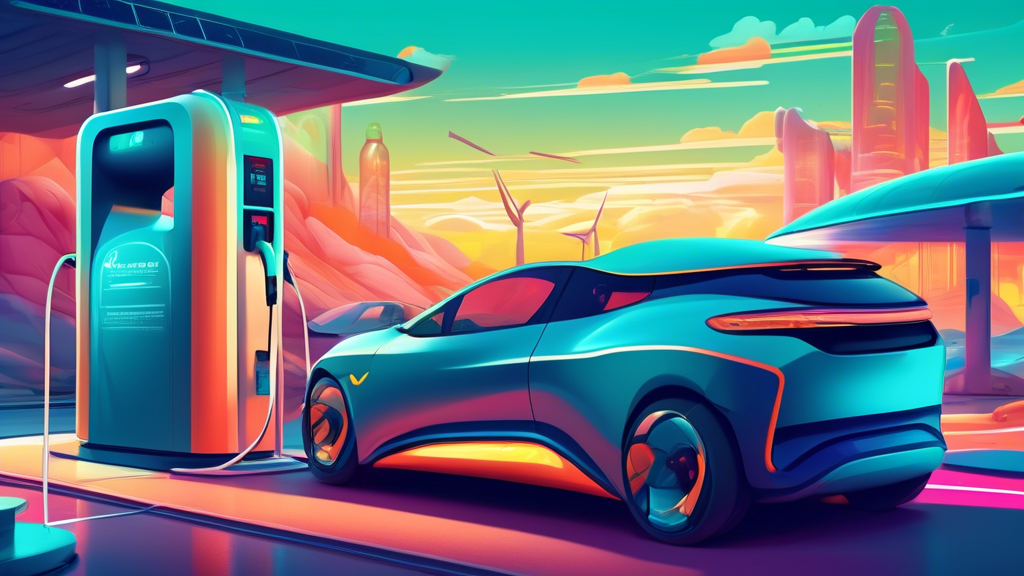
Understanding Oil Requirements for Electric Cars
Do electric cars need oil? Many people are drawn to electric vehicles (EVs) for their environmental benefits, including their promise of reduced dependency on fossil fuels. However, despite being powered by electricity, electric cars still require oil, albeit in different ways than their internal combustion engine (ICE) counterparts. This might come as a surprise to potential EV owners. Understanding the oil requirements for electric cars can help ensure these vehicles are maintained properly for optimal performance.
Lubrication Needs in Electric Cars
One of the primary uses of oil in electric vehicles is lubrication. While EVs do not have an engine that requires engine oil, they do have moving parts that must be lubricated to function smoothly. The electric motor, gearbox, and other moving components require special lubricants with lower viscosity than traditional motor oils. Electric motors operate at higher speeds and temperatures than ICEs, necessitating a lubricant to withstand these conditions while minimizing friction and wear.
Cooling Systems in Electric Cars
Besides lubrication, oil in some electric cars plays a crucial role in cooling. High-performance electric vehicles, in particular, may use oil as a cooling medium for their batteries and electric motors. These components can generate significant heat, especially under high load conditions. Special cooling oils circulate around or through these components, helping to dissipate heat efficiently. This prevents overheating and contributes to the longevity and reliability of the battery and motor.
Need Oil Brake and Transmission Fluids
Though not unique to electric vehicles, brake and transmission fluids are essential oils that EVs also require. Brake fluid is a type of hydraulic fluid that plays a vital role in the braking system, while transmission fluid is necessary for vehicles with a more complex transmission system than the single-speed transmissions found in most EVs. Electric car owners should ensure that these fluids are checked and replaced according to the vehicle manufacturer’s guidelines.
Maintenance Tips for Electric Car Owners
Even though electric cars have different oil and lubricant requirements than traditional vehicles, maintaining them is just as important. Here are a few tips for EV owners:
- Consult your owner’s manual: Refer to your vehicle’s manual for the specific lubricants and fluids the manufacturer recommends.
- Regular check-ups: Schedule regular maintenance to ensure all fluids are at the proper levels and conditions. Although electric vehicles generally require less maintenance, these checks are crucial for longevity.
- Choose high-quality lubricants: Opt for high-quality fluids and lubricants designed specifically for electric vehicles. These products are formulated to meet the unique demands of electric powertrains.
Conclusion – Do Electric Cars Need Oil?
While electric cars are celebrated for promoting sustainable transportation, it’s essential to recognize that they still require oil and other fluids for lubrication, cooling, and hydraulic systems. By understanding these needs and adhering to recommended maintenance practices, EV owners can ensure their vehicles run efficiently and effectively for years. As the automotive industry continues to evolve towards electrification, staying informed about these requirements will become increasingly important.
